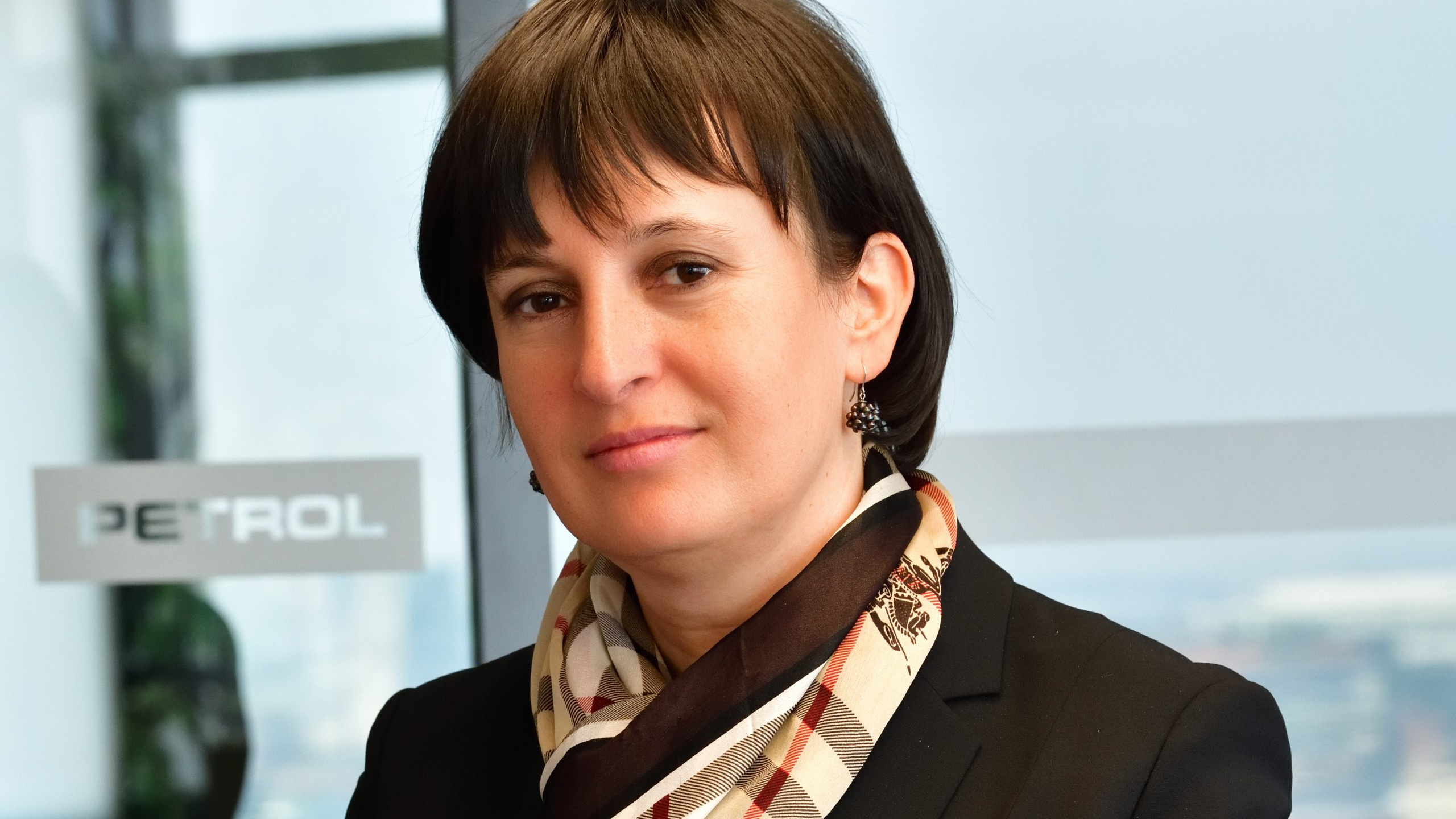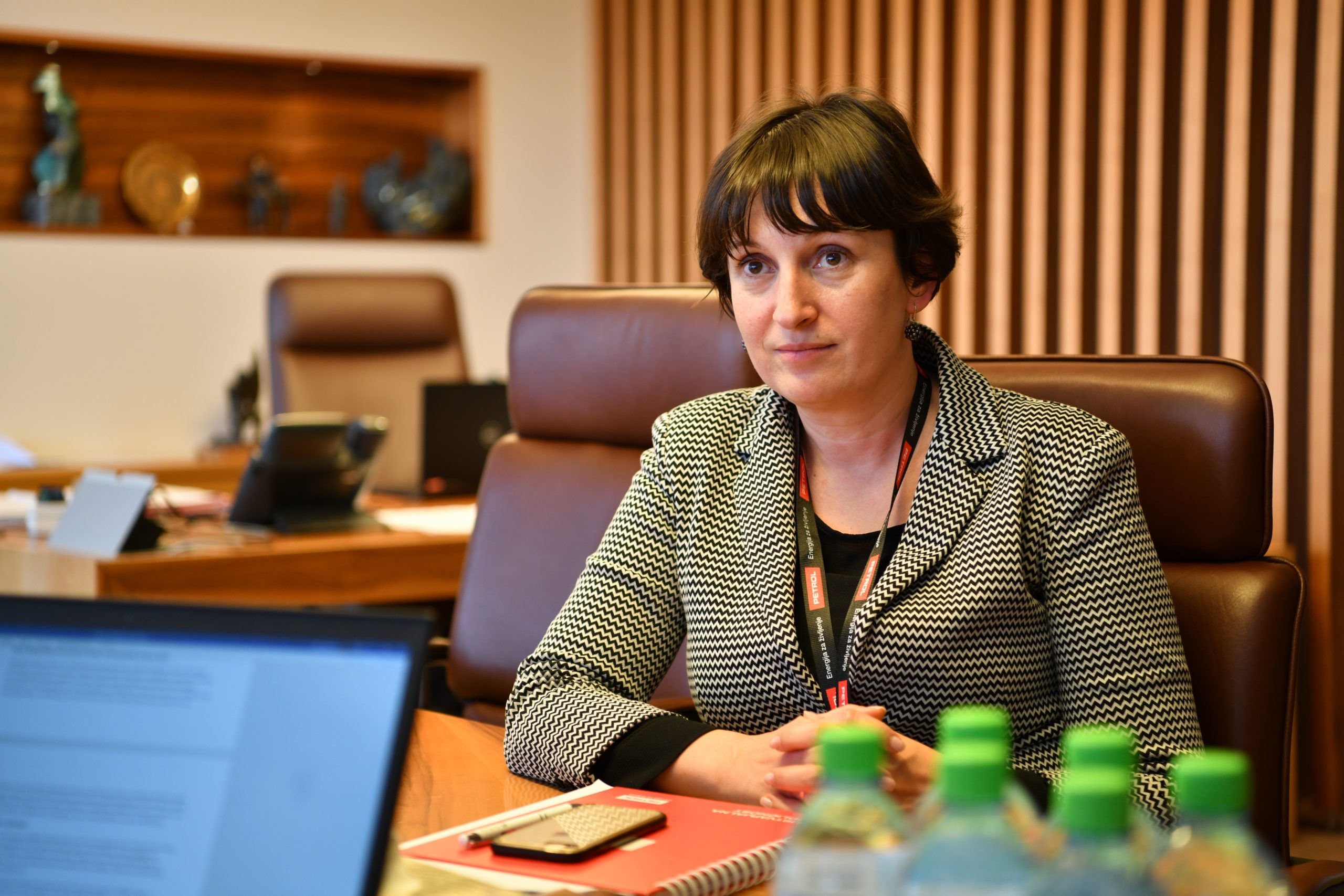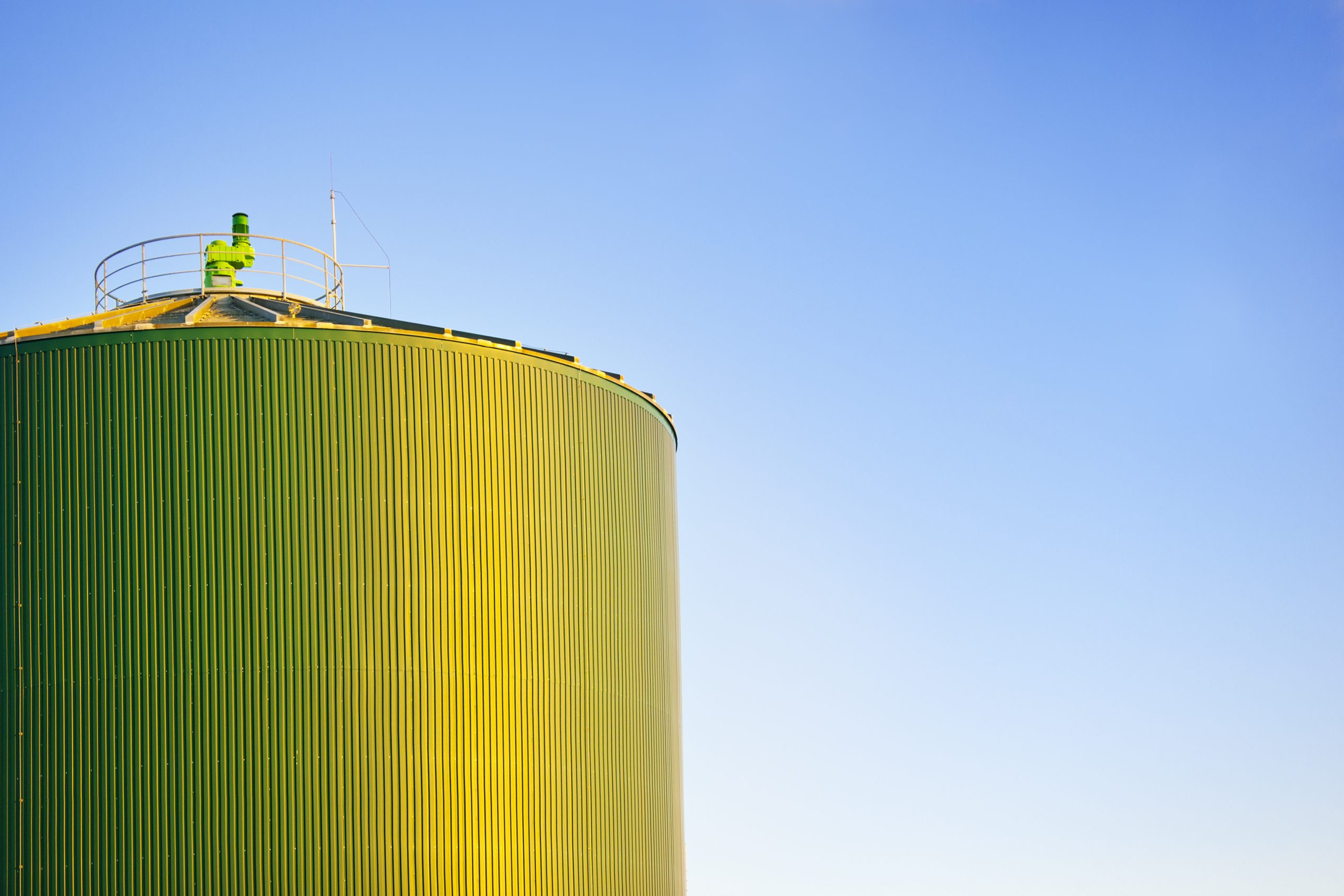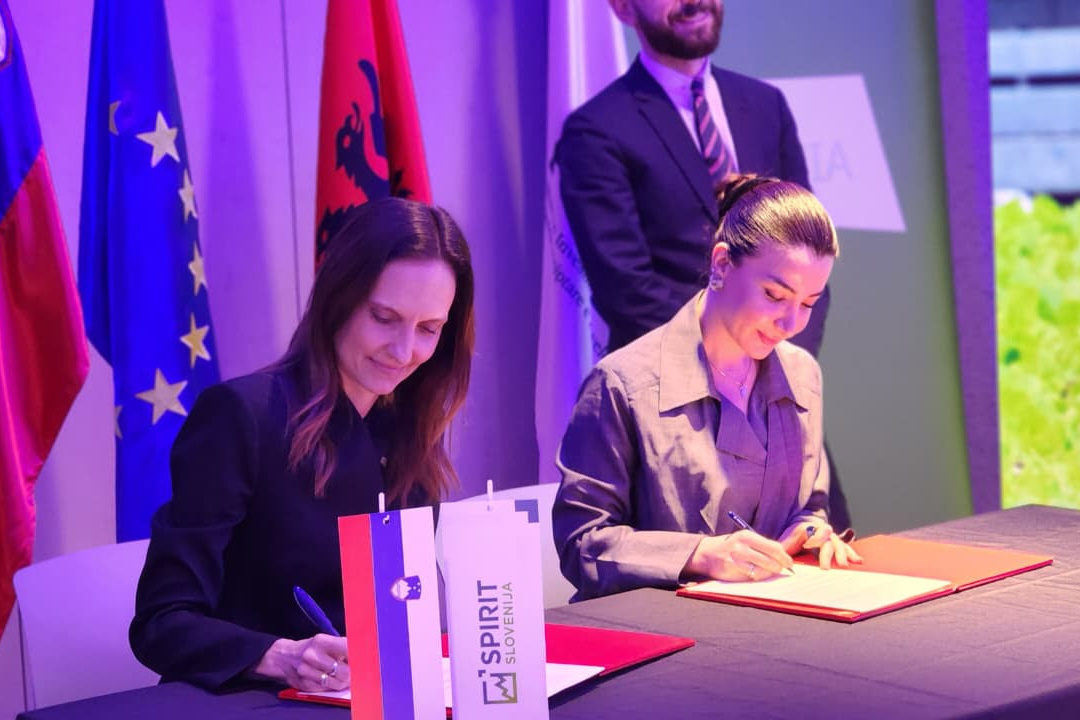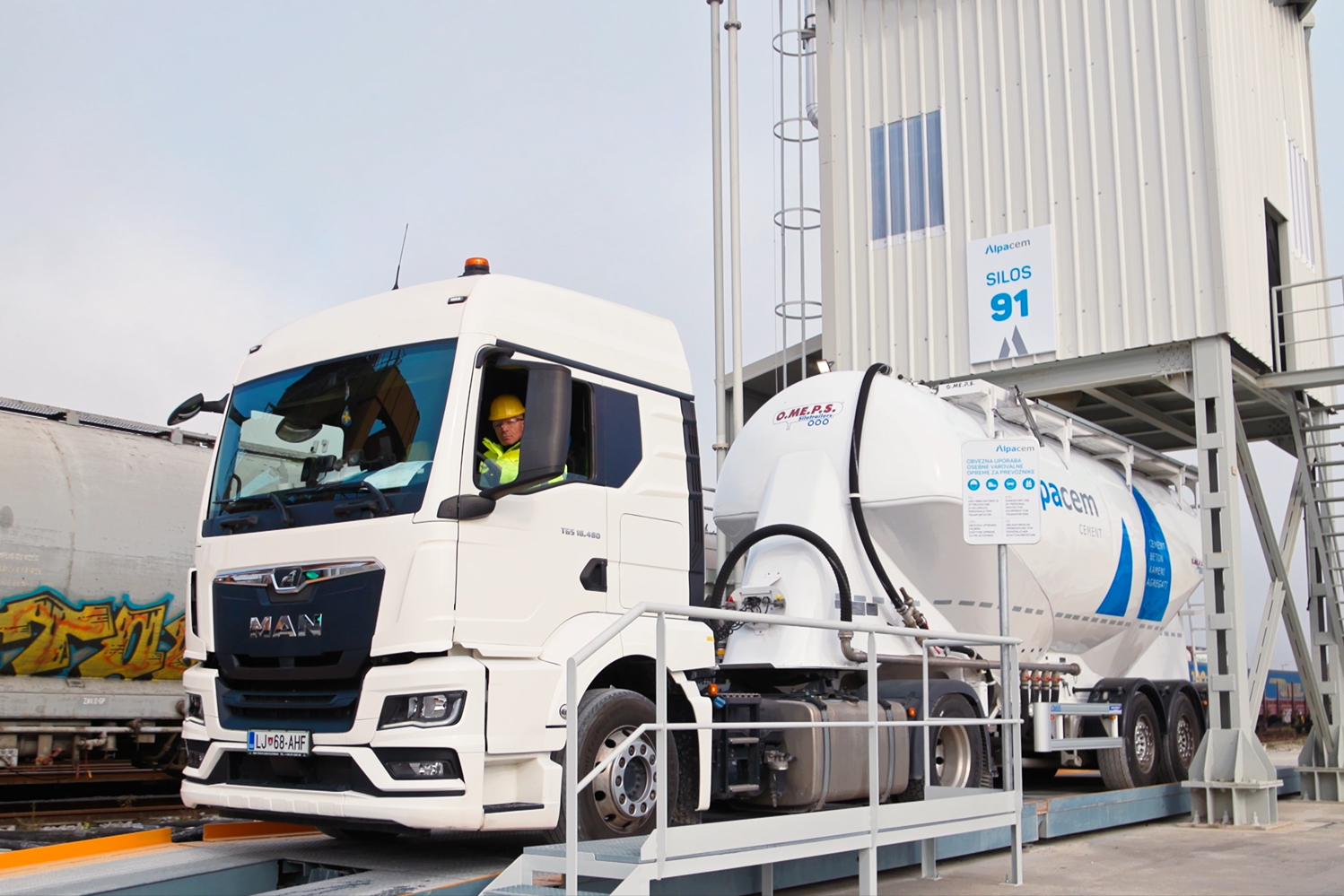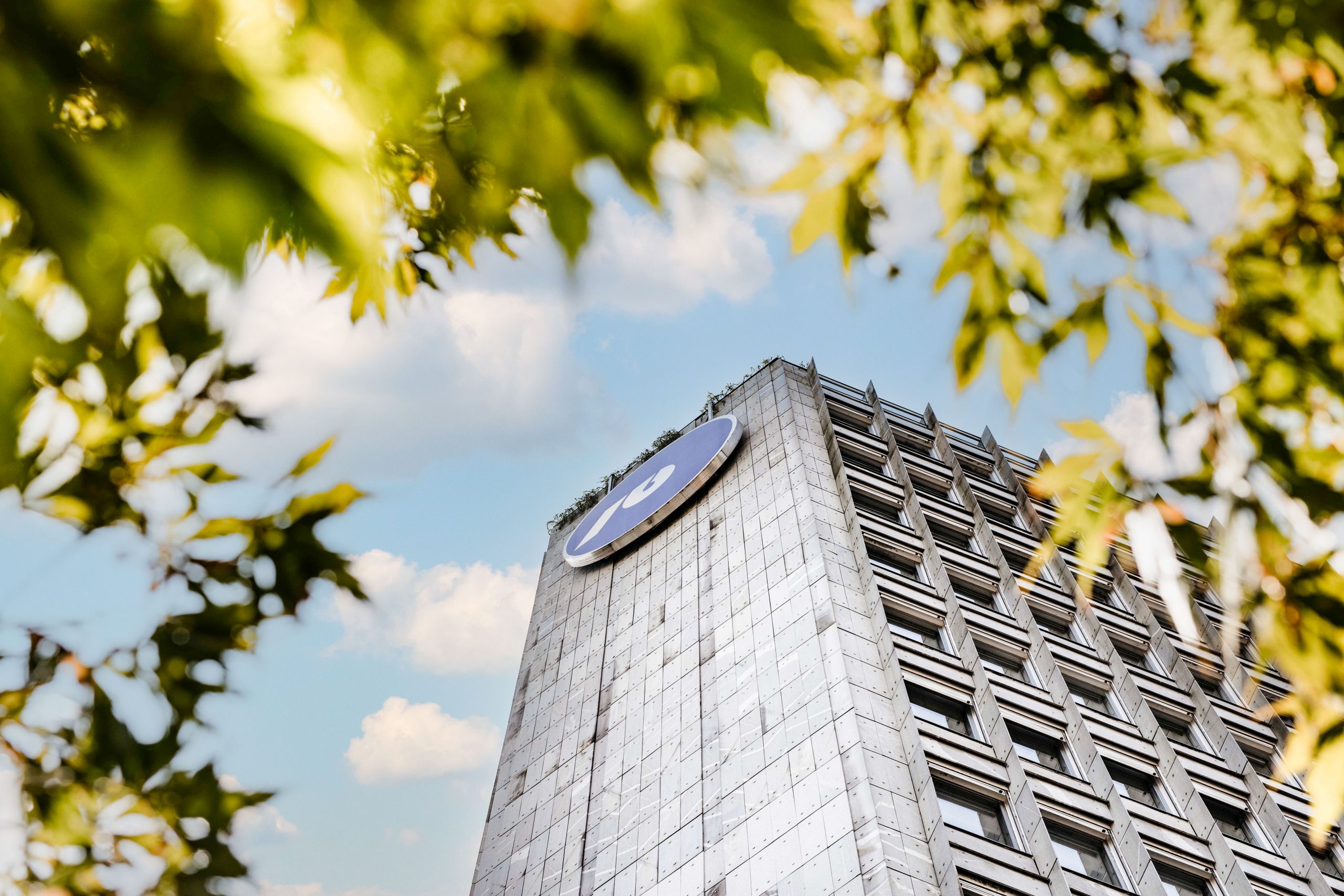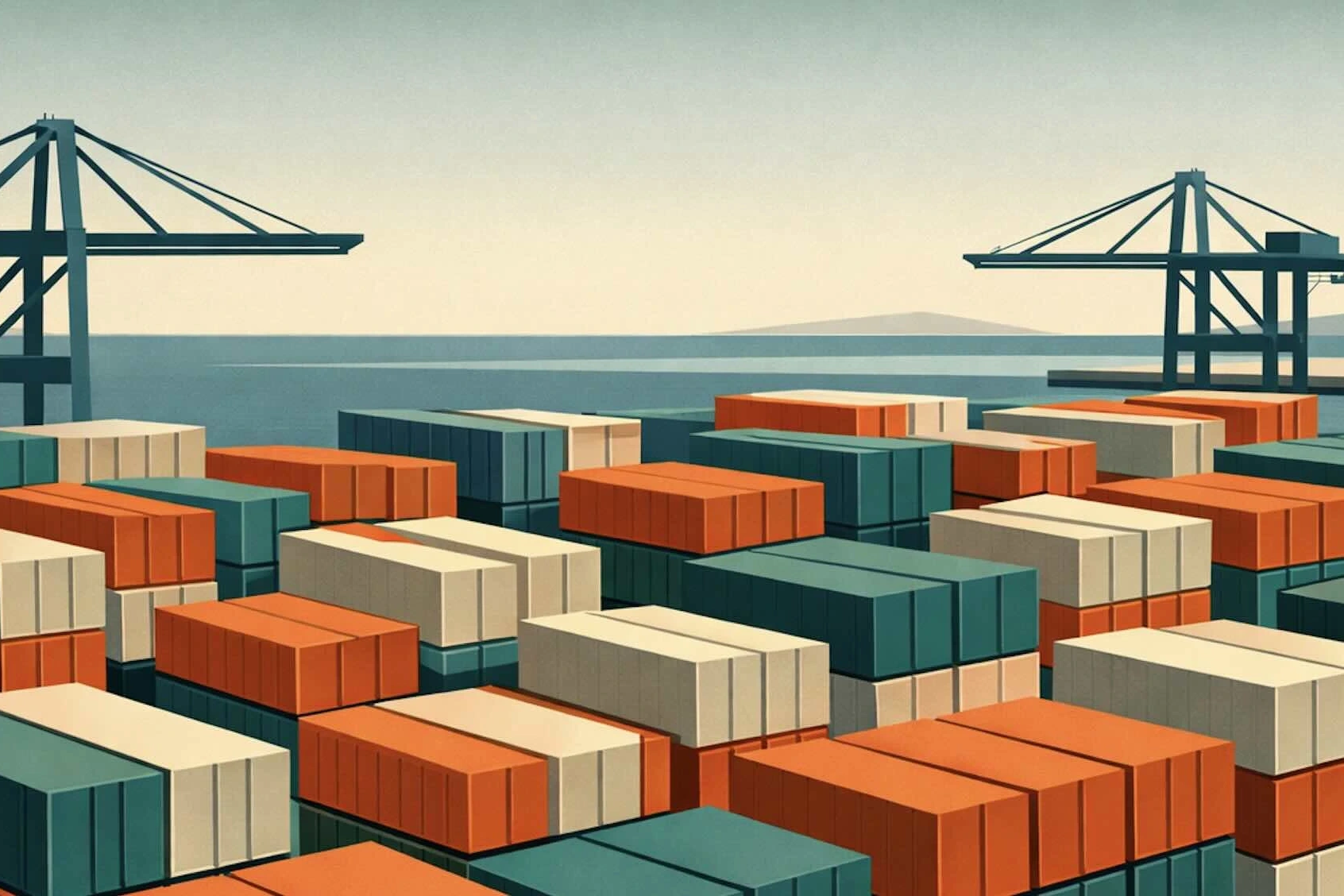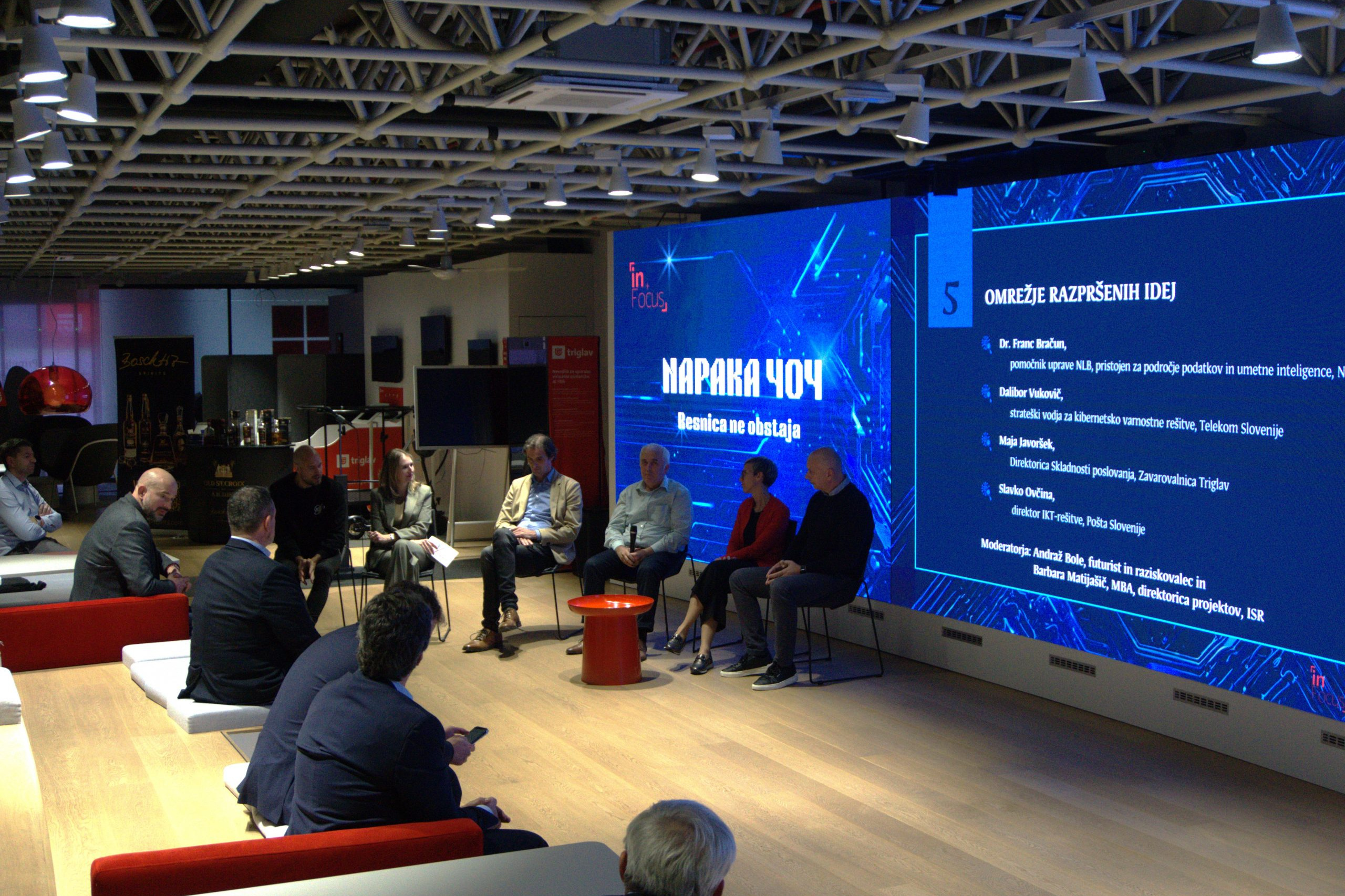Interview: Nada Drobne Popović, president of the management board of the Petrol Group
Interview: Nada Drobne Popović, president of the management board of the Petrol Group
Renewable Electricity Production Plays a Particular Role in the Energy Transition
Jan Tomše
EXECUTIVE EDITOR AT THE ADRIATIC
Boštjan Vihtelič / Petrol d.d.
PHOTOGRAPHER
“In the following years, we will become an integrated partner in the energy transition. As a partner to industry, the public sector, and households, our aim is to become a key link in a broader ecosystem by offering energy sources that are adapted to, and co-shape, the market,” says Nada Drobne Popović, president of the management board of the Petrol Group, one of the largest companies in the Western Balkans.
How do you assess the current situation on the world markets of raw materials, especially energy products, which are of key importance for Petrol? We are currently witnessing the war in Ukraine, which is directly affecting the market developments and impacts the availability of the materials … What is your take on the impact this may have on the markets?
Following the economic downturn caused by the pandemic in 2020, economic growth has resumed in 2021. However, we were witnessing an extreme situation on the global markets. We were faced with a crisis on international energy markets which has severely intensified business conditions for energy source suppliers and, at the same time, also affected the social subsystems and energy users. There are several reasons for such situation: the global economic recovery after the pandemic, the increased demand for energy, the lack of gas supply in Europe due to the cold winter 2020/2021 and supply disruptions, lower renewable electricity production etc., all of which have led to a considerable increase in the prices of all energy sources in 2021, especially electricity and natural gas.
On top of it the current tense situation in Ukraine puts additional pressure on already volatile and uncertain business environment where the prices and supply of fuel are challenged. The current situation also affects the priorities related to green transition as measures in various EU countries may slow down the energy transition.
What will happen in the commodity markets in the coming months? Will energy prices slow down? Do you perhaps expect grave scarcity of the energy goods, or at least serious imbalances in the supply chains in the forthcoming period?
According to the World Bank, we can expect prices of energy sources in the global markets to further increase in the first half of 2022. This will lead to considerable short-term global inflation risks. Prices are predicted to start declining in the second part of 2022. The International Energy Agency forecasts that the prices of natural gas at European and global exchanges will further influence the trends in the prices of other energy sources. According to this prediction, we cannot expect any strong reduction in natural gas prices until the end of winter.
Due to situation in Ukraine we expect temporary disturbances in supply chains until the logistics adapts to new circumstances. In this transition time we may expect extended delivery times. All in all we estimate that situation in Ukraine and sanctions on Russia will bring to changes in fuel supply chains however the delivery of fuels itself should not be threatened.
What prices can businesses and end consumers expect in 2022 given the aforementioned events?
The current market dynamics suggests that natural gas and electricity prices in Europe and on global markets will remain volatile at least in the short term. The prices of fuel and energy in the future will depend on further state measures and development of geopolitical situation related to Ukraine. If we disregard the situation in Ukraine the future prices of energy sources and other commodities will depend highly on the further economic growth. If the global economic growth continues, it is more likely for prices and inflation to keep increasing.
On the other hand, some companies were already forced to lower their production due to the extreme increase in electricity and natural gas prices. Therefore, it will be policies at the EU and national level related to measures to mitigate energy source volatility that will have a key role here.
What is Petrol’s current business condition? What was your business result at the end of the year 2021?
By responding effectively to changing market conditions, adjusting and diversifying the range of products and services offered, through cost optimisation and operational streamlining, the Petrol Group has managed to mitigate the negative effects of the pandemic and energy crisis on its operations, and what is more, it has even exceeded the ambitious goals. In 2021, the Petrol Group generated EUR 5.0 billion in sales revenue or 13% more than in the pre-pandemic year 2019 and 61% more than in 2020. The adjusted gross profit totalled EUR 543.4 million, which is 15% more than in 2019 and 27% more than in 2020. The achieved EBITDA in the amount of EUR 238.1 million exceeded that from 2020 by 43% and the plan by 12%, and the net profit in the amount of EUR 124.5 million exceeded the same indicator from the previous year by 72% and the plan by 19%. We are happy to see that the EBITDA structure by activities shows the non-oil part of the Petrol Group’s operations exceeding 40%.
In autumn last year Petrol closed the acquisition of a Croatian company Crodux Derivati Dva. It has been one of the largest investments of the company, which has strengthened you with more than 600 new points of sale … What does this acquisition mean for Petrol’s operations in the region?
Yes, this is true. Crodux Derivati Dva is Petrol’s largest acquisition in the last decade and represents the greatest one-off increase in the number of points-of-sale in our entire history. With Crodux Derivati Dva, Petrol is consolidating its position as the second largest provider of petroleum products in Croatia. Also, with this acquisition, the Petrol Group is decisively pursuing its orientation towards expanding beyond the Slovenian market.
By connecting two strong brands we now offer the best of both to customers, employees and shareholders. A strong sales network on the Croatian market will help us expand the portfolio of customers in the fields of energy products and energy transition services. As the leading partner in the energy transition, we will continue to build a forward-looking ecosystem of sustainable solutions. We plan to transfer best practices, thereby becoming the leading provider of fuels and sustainable energy solutions in Croatia by 2025. We like to say that Croatia has become our second home.
Petrol is visibly strengthening its market position as a company that invests in sustainability and enables smart mobility solutions. What will be the future in terms of new solutions in the field of energy and attitude towards the environment?
The environment in which the Petrol Group operates is facing important changes. Energy transition towards a low-carbon society and the development of new technologies are transforming established ways of how energy products are produced, sold and used. Petrol is committed to making a transition to green energy and is making significant investments to achieve it. The ambitious strategy of the Petrol Group for the 2021–2025 period defines our vision to become an integrated partner in the energy transition, offering an excellent user experience. As a partner to industry, public sector and households our aim is to become a key link in a broader ecosystem by offering energy sources that are adapted to, and co-shape, the market.
The development of new solutions in the field of electric mobility and mobility services constitutes an important pillar of Petrol’s sustainable and innovative business. When it comes to mobility, our focus is on two segments: the charging infrastructure, which means setting up, managing and maintaining the infrastructure for the charging of electric vehicles as well as providing the charging service and mobility services, such as operating leases, fleet electrification and fleet management services.
Petrol is investing heavily in advanced solutions in the region. Numerous companies in Slovenia are already making sure that their entire supply chain is environmentally neutral. However, this is not necessarily the case in other parts of the Western Balkans. What are the main challenges in terms of environmental neutrality in the parts of the region where Petrol is present?
It is normal for each country to have its own pace of green transition depending on the specifics of the national regulation, available natural resources, the level of general awareness about the need for change, and other factors. At the Petrol Group, we want to be the first choice for energy transition projects in the region by offering integrated services with a high added value. We will develop and strengthen our presence in the supply and sale of natural gas and electricity, the sale of liquefied petroleum gas and in energy efficiency projects.
Renewable electricity production, where we will position ourselves to become a major supplier in South East Europe, plays a particular role in the energy transition. We have already implemented several successful renewable electricity production projects. For instance, in Croatia we have already set up two wind power plants which supply energy to 45.000 households. In February this year we completed the project for the development of the first three large solar power plants with a total installed capacity of 22 MW and the expected electricity generation capacity of 29 GWh. The project includes three power plants located in the Šibeniško Kninska County in Croatia and will start generating electricity at the beginning of 2023. We will use the sales network in all markets to expand the portfolio of customers in the field of energy products and energy transition services.
Where do you expect the most challenges in Petrol’s operations in 2022?
The Petrol Group operates in two highly competitive industries – energy and trade. Besides trends in the area of energy and commerce, the Group’s operations are subject to several factors, in particular changes in energy product prices and the US dollar exchange rate, local economic conditions and measures taken by governments. The key challenges in 2022 are related to energy market and consequences of situation in Ukraine for supply of oil and energy sources, government measures to regulate prices, and of course, potential reintroducing of measures to contain the pandemic.
THE ADRIATIC
This article was originally published in The Adriatic Journal: Strategic Foresight 2022
If you want a copy, please contact us at info@adriaticjournal.com.

